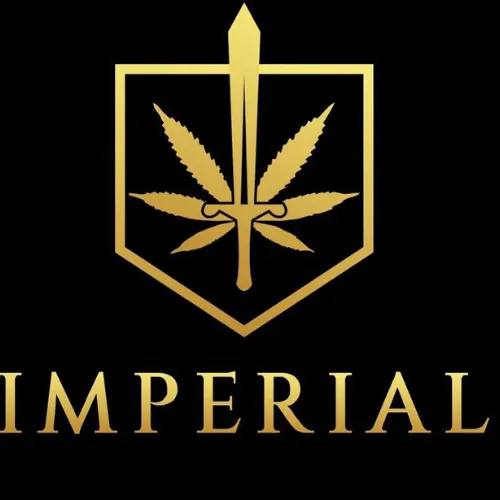What is THCA
Understanding THCA: The Pure Form of THC
THCA, short for tetrahydrocannabinolic acid, is one of the most important cannabinoids found in the raw cannabis plant. At Imperial, THCA is at the core of our product line — from *premium flower* to potent diamonds and extracts — and understanding it helps our wholesale partners and customers make informed choices.
This page covers everything you need to know about THCA, from its origins and benefits to how it’s used and why our products stand apart.
THCA is the precursor* to THC — meaning it’s the compound THC starts as before being exposed to heat.
In its natural form, THCA is non-psychoactive
Through a process called decarboxylation* (heating via smoking, vaping, or cooking), THCA converts into THC, unlocking the familiar effects associated with cannabis.
How THCA is Consumed
Smoking/Vaping — THCA flower or concentrates are heated, converting THCA to THC.
Dabbing — THCA diamonds and extracts deliver high potency when vaporized.
Infusions — When cooked or baked, THCA transforms into THC, infusing edibles or oils.
How THCA is Produced
Naturally occurring in fresh, raw cannabis plants.
Found in high concentrations in freshly harvested flowers before curing or heating.
Preserved in concentrates* like diamonds and high-grade extracts for maximum potency.
Potential Benefits of THCA
While research is ongoing, early studies and user reports suggest THCA may have:
Anti-inflammatory properties
Neuroprotective potential
Anti-nausea effects
Possible support for joint and muscle comfort
Is THCA Legal?
Yes — under federal law, THCA is legal in its raw form when derived from hemp containing less than 0.3% Delta-9 THC on a dry weight basis.
At Imperial, everything we produce is 100% legal and compliant, backed by third-party lab tests verifying potency and legality.
What is THCA
Understanding THCA: The Pure Form of THC
THCA, short for tetrahydrocannabinolic acid, is one of the most important cannabinoids found in the raw cannabis plant. At Imperial, THCA is at the core of our product line — from *premium flower* to potent diamonds and extracts — and understanding it helps our wholesale partners and customers make informed choices.
This page covers everything you need to know about THCA, from its origins and benefits to how it’s used and why our products stand apart.
THCA is the precursor* to THC — meaning it’s the compound THC starts as before being exposed to heat.
In its natural form, THCA is non-psychoactive
Through a process called decarboxylation* (heating via smoking, vaping, or cooking), THCA converts into THC, unlocking the familiar effects associated with cannabis.
How THCA is Consumed
Smoking/Vaping — THCA flower or concentrates are heated, converting THCA to THC.
Dabbing — THCA diamonds and extracts deliver high potency when vaporized.
Infusions — When cooked or baked, THCA transforms into THC, infusing edibles or oils.
How THCA is Produced
Naturally occurring in fresh, raw cannabis plants.
Found in high concentrations in freshly harvested flowers before curing or heating.
Preserved in concentrates* like diamonds and high-grade extracts for maximum potency.
Potential Benefits of THCA
While research is ongoing, early studies and user reports suggest THCA may have:
Anti-inflammatory properties
Neuroprotective potential
Anti-nausea effects
Possible support for joint and muscle comfort
Is THCA Legal?
Yes — under federal law, THCA is legal in its raw form when derived from hemp containing less than 0.3% Delta-9 THC on a dry weight basis.
At Imperial, everything we produce is 100% legal and compliant, backed by third-party lab tests verifying potency and legality.

Need help placing an order or checking availability? Reach us at: [email protected]
All products sold by Imperial Wholesale are federally legal under the 2018 Farm Bill. Our THCA products contain <0.3% Δ9-THC by dry weight and are lab-tested for potency and purity. Not for resale to minors.

